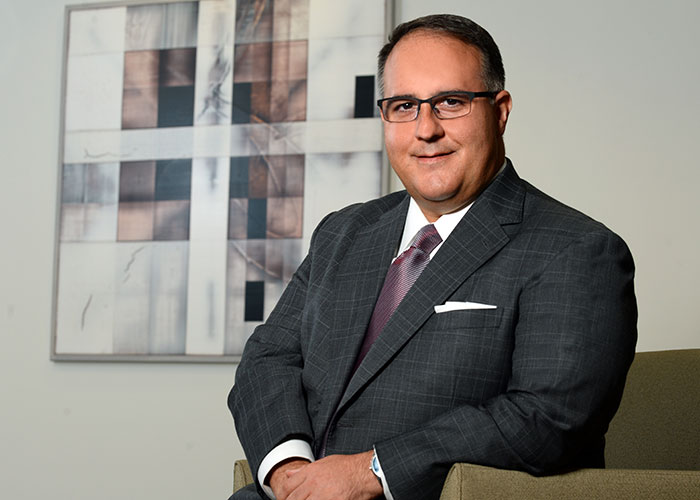Sunshine laws are intended to promote transparency in government by requiring that information about government activities be made available to the public. Public access to this information allows citizens to make informed judgments and identify corruption and waste. Consequently, sunshine laws are critical to maintaining accountability, trust and efficiency in government.
All fifty states, the District of Columbia and the federal government have enacted sunshine laws. While these laws vary by jurisdiction, they can be separated into two general categories: open meetings laws and open records laws.
Open Meetings Laws
Open meetings laws mandate that meetings of certain government agencies be open to the public. These meetings are typically required to be held at times and places that are convenient and accessible. It is also compulsory for notices and agendas to be published in advance of these meetings and that minutes and transcripts are kept.
Generally, open meetings requirements apply only when a quorum is present and public business is discussed. However, these requirements usually do not apply to social and ceremonial gatherings held for purposes unrelated to public business. In recent years, many jurisdictions have added a new wrinkle, clarifying that electronic communications may be subject to open meetings requirements.
Open meetings laws in every jurisdiction provide for exceptions that allow public bodies to hold closed meetings to consider certain subjects. Most, but not all, provide exceptions for personnel matters, collective bargaining, litigation and the acquisition or sale of real property. However, public bodies are generally prohibited from taking action unless in public session.
To ensure compliance with open meetings laws, it is important for agencies to observe advance notice requirements and to post notices at principal offices, on websites and with the news media. Full agenda packets should also be prepared, including items subject to final action. Finally, avoid repeated use of “reply all” when sending e-mails for public business and consider a non-voting member as an intermediary for electronic communications.
Open Records Laws
Open records laws, also known as freedom of information laws, create a presumption that the records of certain governmental bodies are to be open to the public. These laws establish procedures for making requests, time limits for public bodies to respond and fees public bodies may charge for making records available.
Most open records laws broadly define the scope of records which must be made publicly available to include all documentary materials relating to the transaction of public business. However, these laws generally cover only the existing records of a public body. In short, open records laws do not compel public bodies to create or search for information that is not already in their possession or under their control.
Like open meetings laws, open records laws in every jurisdiction provide for exceptions that allow—but do not require—certain records to be withheld. Common examples include records containing confidential, proprietary, or privileged information or where disclosure is prohibited by law. Many jurisdictions also permit denial of requests that are unduly burdensome.
In an effort to abide by open records laws, prepare written policies and forms to manage requests. Be sure to document receipt of those requests and monitor all response deadlines. Also, beware of all prohibitions on disclosure laws in contracts. Make information available on a website where a requestor can be referred and communicate with requestors before denying their request.
.

By: Michael Airdo
Member, Kopon Airdo, LLC
Summary of Qualifications
Michael Airdo is a founding member of Kopon Airdo, LLC. He has extensive experience in handling complex civil litigation and transactional matters involving local governments and not-for-profit entities. He is a frequent lecturer on topics related to his legal practice ans has served on the board of trustees for the Village of Bartlett, Illinois from 2001 to 2013. He currently serves as the township attorney for several townships in Illinois.
Professional Affiliations
Michael is affiliated with the International Association of Defense Counsel, Claims and Litigation Management Alliance, Illinois Association of Defense Trial Counsel and Defense Research Institute
Education
Michael graduated from DePaul University College of Liberal Arts and Sciences with a B.A. in political science and english (summa cum laude). He also received his J.D. from DePaul University College of Law, with honors and as a member of the Order of the Coif.

By: Mark Kimzey
Associate, Kopon Airdo, LLC
Summary of Qualifications
Mark Kimzey is an associate at Kopon Airdo, LLC. His practice focuses on complex civil litigation in state and federal court. He also works with local governments on legal matters that arise in public administration.
Professional Affiliations
Mark is affiliated with the Chicago Bar Association, Illinois Bar Association and Illinois Township Attorneys Association
Education
Mark has received his B.S. degree (summa cum laude) from Western Illinois University, M.P.A. from Illinois Institute of Technology, Stuart School of Business and J.D. from Chicago-Kent College of Law.


